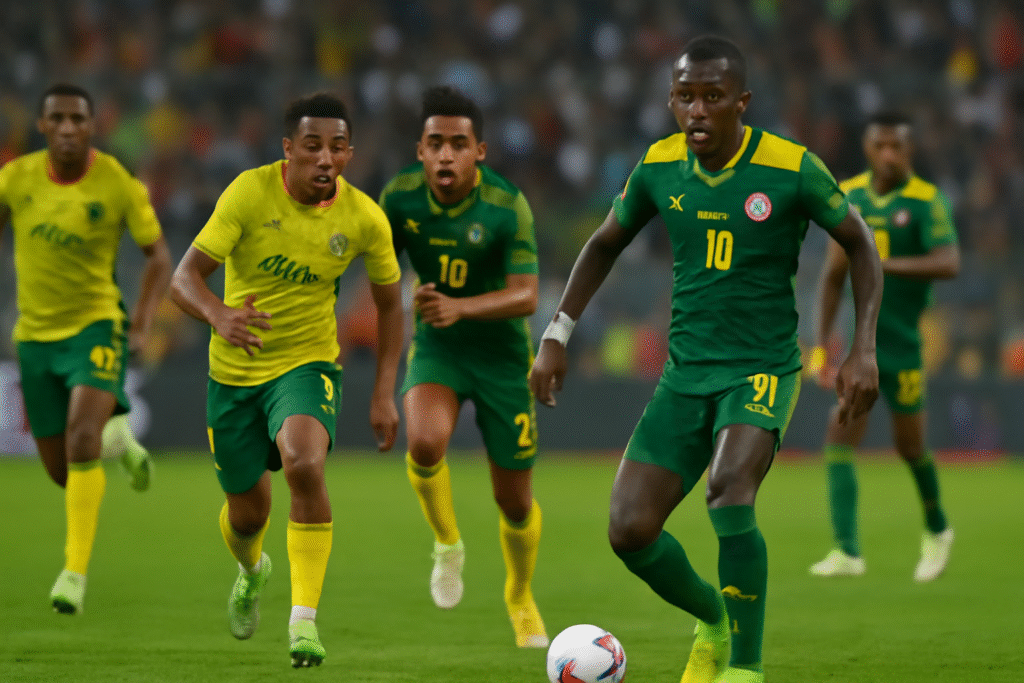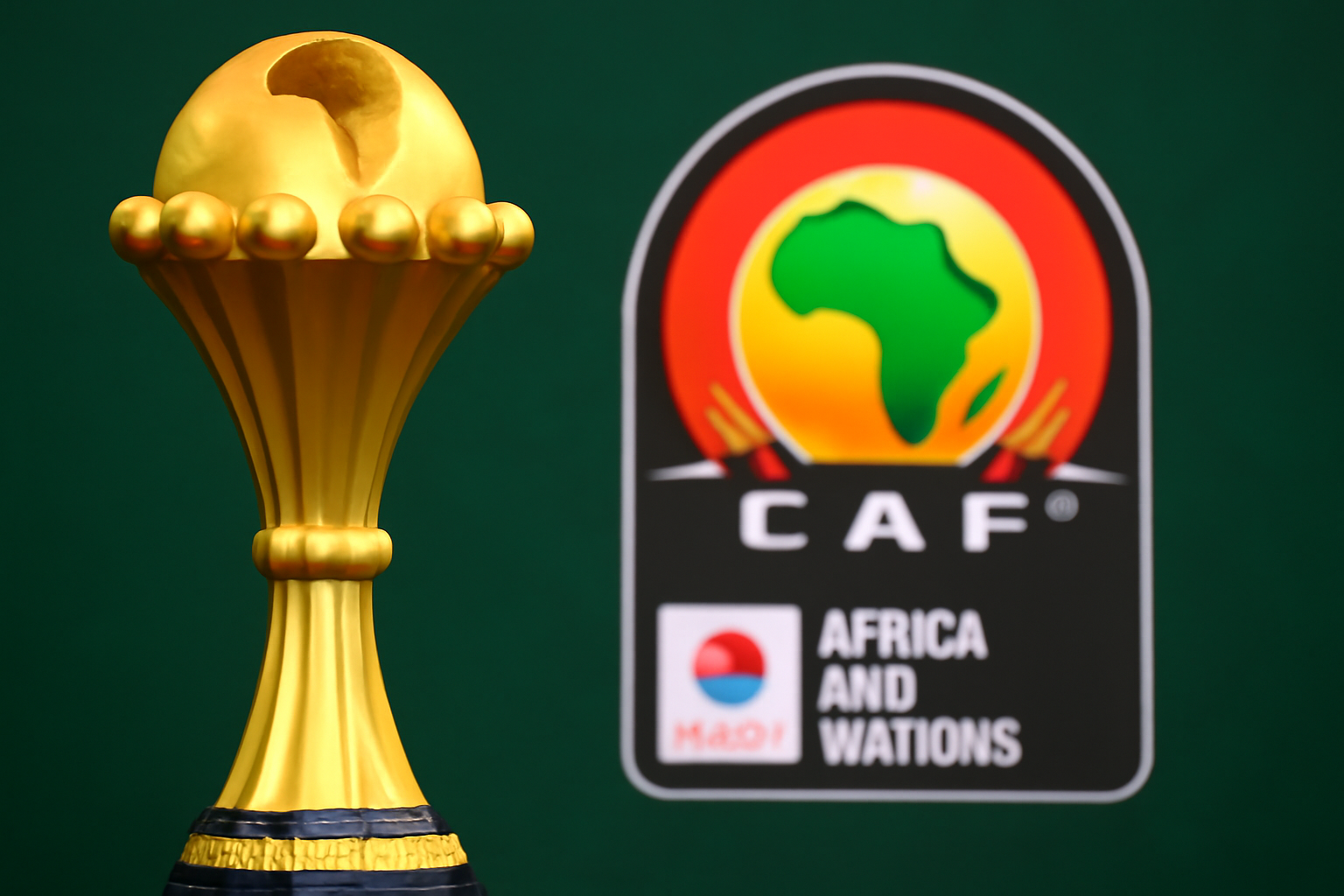African Cup of Nations: A Journey Through Africa’s Premier Football Tournament
The African Cup of Nations (AFCON) is not just another football tournament – it is a celebration of passion, pride, and African unity. As one of the most prestigious football competitions on the continent, the AFCON has given birth to many legendary players and unforgettable moments. In this post, I will take you through everything you need to know about this incredible competition and why it holds a special place in the hearts of millions across Africa.
What is the African Cup of Nations?
The African Cup of Nations (AFCON) is Africa’s oldest and most prestigious international football competition. Organized by the Confederation of African Football (CAF), it brings together the continent’s best national teams to compete for the title of African champion. AFCON was first held in 1957 and has since grown to include 24 teams from across Africa, making it a highly anticipated event every four years.
History of the African Cup of Nations
The first African Cup of Nations was held in Sudan in 1957, with only three teams participating: Egypt, Sudan, and Ethiopia. Over the years, the tournament has evolved into one of the largest football events globally, attracting attention not only from Africa but from football fans around the world.
Egypt holds the record for the most AFCON titles, with 7 wins to their name, followed closely by Cameroon and Nigeria, each with 5 titles. The competition has seen its fair share of upsets, surprises, and emerging footballing talents, making it an exciting tournament to watch.

How is the African Cup of Nations Organized?
Qualification
The road to the African Cup of Nations begins with the qualification stages. Teams from across Africa compete in a series of round-robin group matches, with the top teams from each group advancing to the final tournament. The qualifiers are fiercely contested, and national teams pour their hearts into securing a spot in the prestigious competition.
The Finals
Once the qualification process concludes, the AFCON Finals takes place. 24 teams are divided into six groups, and they compete in a round-robin format. The top two teams from each group automatically qualify for the knockout stages, where the intensity reaches its peak as teams battle it out for glory. The final match determines the champion of Africa.
Top Teams in the African Cup of Nations
Over the years, several African countries have left an indelible mark on the tournament. Let’s take a look at some of the top-performing nations in AFCON history:
1. Egypt
- Titles: 7
- Egypt is the most successful nation in AFCON history, with seven titles to their name. Their dominance in the competition is a testament to the quality of players the country has produced, including football legends like Mohamed Salah.
2. Cameroon
- Titles: 5
- With five AFCON titles, Cameroon is one of Africa’s most respected footballing nations. The Indomitable Lions, as they are known, have produced some incredible players such as Samuel Eto’o and Roger Milla.
3. Nigeria
- Titles: 3
- Nigeria has consistently been one of the most competitive teams in the tournament. With three AFCON titles, the Super Eagles are known for their exciting style of play and a long list of legendary players like Nwankwo Kanu and Jay-Jay Okocha.
What Makes the African Cup of Nations Special?
Passion and Pride
Unlike other tournaments, AFCON is not just about football – it is a celebration of culture, history, and pride. Each team represents the hopes and dreams of their entire nation, and the energy on the pitch is electrifying. Fans bring an unmatched level of passion to the stadiums, creating a vibrant atmosphere.
Iconic Players and Teams
The African Cup of Nations has been a platform for some of the best footballers in the world to showcase their talents. Stars like Didier Drogba, Yaya Touré, and Sadio Mané have graced the tournament, and each year, new players emerge to make a name for themselves on the continent.
Unforgettable Moments
From last-minute goals to dramatic penalty shootouts, AFCON has produced countless unforgettable moments that live on in the memories of fans. These moments remind us why the tournament is so special and how much it means to African football.
Wanna explore much more related to Football, Golf, Cricket, and all popular sports?
Visit us today at sportsinfoo.online

The Future of the African Cup of Nations
The African Cup of Nations continues to grow in importance and stature. With the tournament expanding to include 24 teams, it has become more inclusive, offering a platform for more nations to compete. As the quality of football in Africa continues to rise, we can expect even more thrilling matches and extraordinary performances in future editions of AFCON.
African Cup of Nations: A Global Phenomenon
The AFCON has become a global phenomenon, drawing attention from football fans around the world. The tournament’s rich history, passionate fans, and remarkable talent on display have made it one of the most-watched football events internationally. As we look toward the future, the African Cup of Nations will undoubtedly continue to shape the landscape of African football.
Final Thoughts
In conclusion, the African Cup of Nations is not only a tournament it is a celebration of African football, culture, and unity. Whether you are a casual fan or a football enthusiast, there is no denying the excitement and joy that this prestigious competition brings to the continent and beyond. If you are a fan of football, AFCON should be at the top of your must-watch list!
If you're interested in Cricket passion and power, explore now


